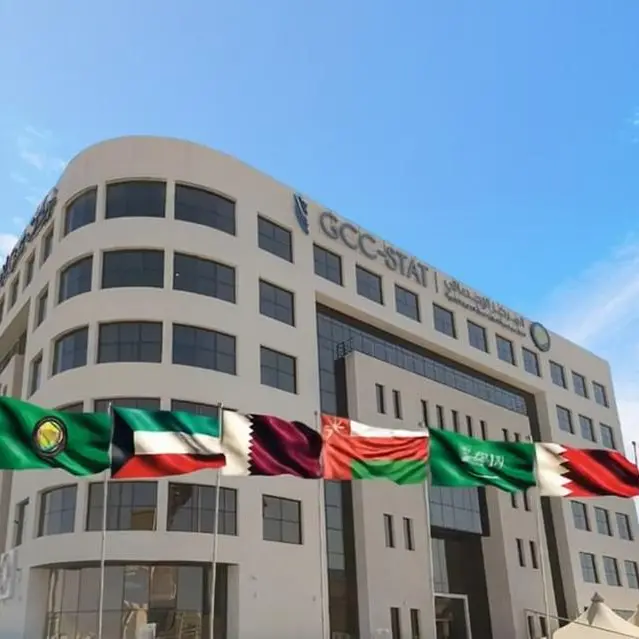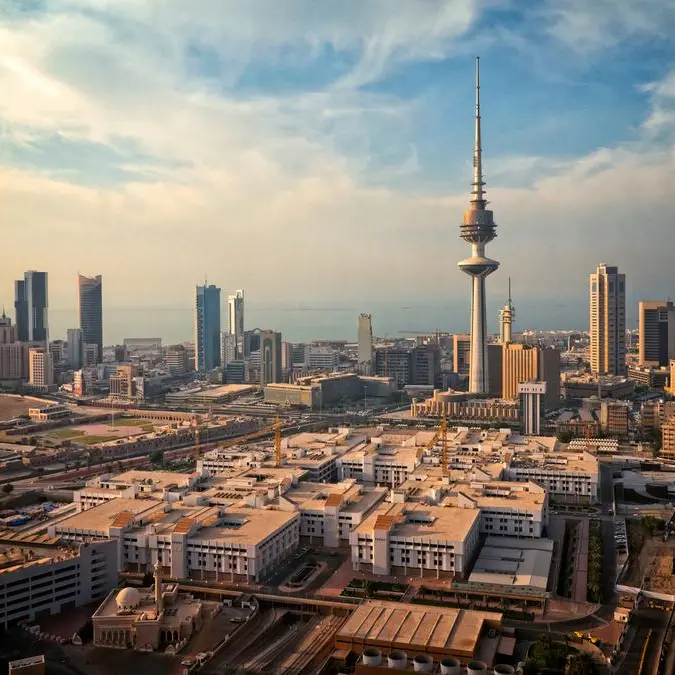ABU DHABI, 30th March, 2017 (WAM) -- The "Unity for Security" forum introduced the audience to Interpols seven projects aimed to tackle global crime in the areas of vulnerable communities, illicit drugs, counter-terrorism, stolen motor vehicle crime, cultural heritage, cyber-crime and illegal markets on Wednesday.
During the 2nd day of the forum, the first panel titled "Vulnerable Communities: The victim, the perpetrator, the justice" highlighted the importance of Interpols Vulnerable Communities, VCO, project, funded by the UAE via the Interpol Foundation, which aims to strengthen global cooperation and enhance law enforcement capacity to disrupt the criminal networks responsible for migrant smuggling, human trafficking and online child exploitation. Commenting on the specific areas to be addressed in combatting human trafficking, Col. Hamad Rashed Al Zaabi, Deputy-Director of Federal Investigation Department at the UAE Ministry of Interior, said that the issue lies in the often-weak defence lines of source countries. Many of the countries where victims are sourced from do not have the adequate infrastructures and preventative measures in place to curb crime. Al Zaabi added, "Interpol can identify these gaps and provide support to source countries by providing training and preventative tools to use against criminal organisations engaging in human trafficking." He also urged security officials to cooperate in sharing intelligence about criminal activities and perpetrators. On the issue of online abuse, Veronica Donoso, Chief Executive Officer of International Association of Internet Hotlines, InHope, highlighted the lack of awareness, adding that there is high demand for online content of this nature and people need to be educated that abuse against children in the online realm is a serious criminal activity. According to Donoso, "The issue can only be tackled through international cooperation. This requires commitment from states and governments to prioritise the fight against online child abuse in the same way that fraud and threats against state infrastructure are prioritised."During the next panel discussions centred around illicit drugs titled, "Track the Flows, Find the Hubs, Crack the Business" Nestor Roncaglia, Chief of Argentina Federal Police and Member of Interpol Executive Committee, said that a critical area where international cooperation can help tackle drug trafficking is the exchange of information. A register of criminals, crime incidents and intelligence can be very useful in combatting drug trafficking crime. On the same note, Lieut. Col. Saeed Al Suwaidi, Director-General of the Anti-Narcotics Federal Directorate-General at the UAE Ministry of Interior, highlighted the pivotal role that private sector organisations play in helping to reveal and curb illicit transactions, as part of public-private sector cooperation. Financial institutions such as banks and foreign exchange houses, in particular, should be involved in the battle against drug trafficking through close cooperation with security and government agencies. Al Suwaidi suggested the creation of an international platform to enable this effort. Speaking about the impact of technology on drug trafficking, Sithisak Kallayanapradit, Advisor at the Office of the Narcotics Control Board, ONCB, in Thailand, said that technology has, in many ways, accelerated the threats posed by the drug trade. "Enabled by the Internet, traditional crime is being committed using innovative means such as the concealment of drug trafficking activity through data encryption," he added. The third panel dealt with global threats arising from terrorism and was titled "Counter-Terrorism: Prevent attacks, detect suspects, disrupt networks." Interpols Counter-Terrorism Strategy defines five action streams where Interpol will assist member states: identification of terrorists, travel and mobility, online presence, weapons and materials, and finances. The panellists from different national and international organisations highlighted their views on the importance of these action streams; how they contribute to the global fight against terrorism and how to improve the international cooperation and was moderated by Patrick Stevens, Director at the Interpol Counter-Terrorism Directorate. During the panel discussions, Elias Murr, President of Interpol Foundation for a Safer World, shared his first-hand experiences in fighting terrorism in his capacity as Lebanons former Minister of Defence. Mr. Murr then highlighted the underlying social issues that he believes have helped drive terrorism. These include poverty, government neglect as well as the abuse of religious agendas for malicious goals. He urged governments to tackle these problems in order to curb the recruitment of youth into terrorist organisations. The fourth and final panel of the day was titled "Stolen Motor Vehicle Crime: Pushing Crime off the Road" and discussed vehicle crime, an evolving phenomenon that law enforcement cannot confront alone. Jurisdictional matters, funding priorities, inconsistencies of investigative techniques, willingness to share information, the perceived role of the private sector, and the ever-increasing dilemmas created by the prominence of "connected cars" all contribute to the current barriers faced by national administrations.Copyright Emirates News Agency (WAM) 2017.




















